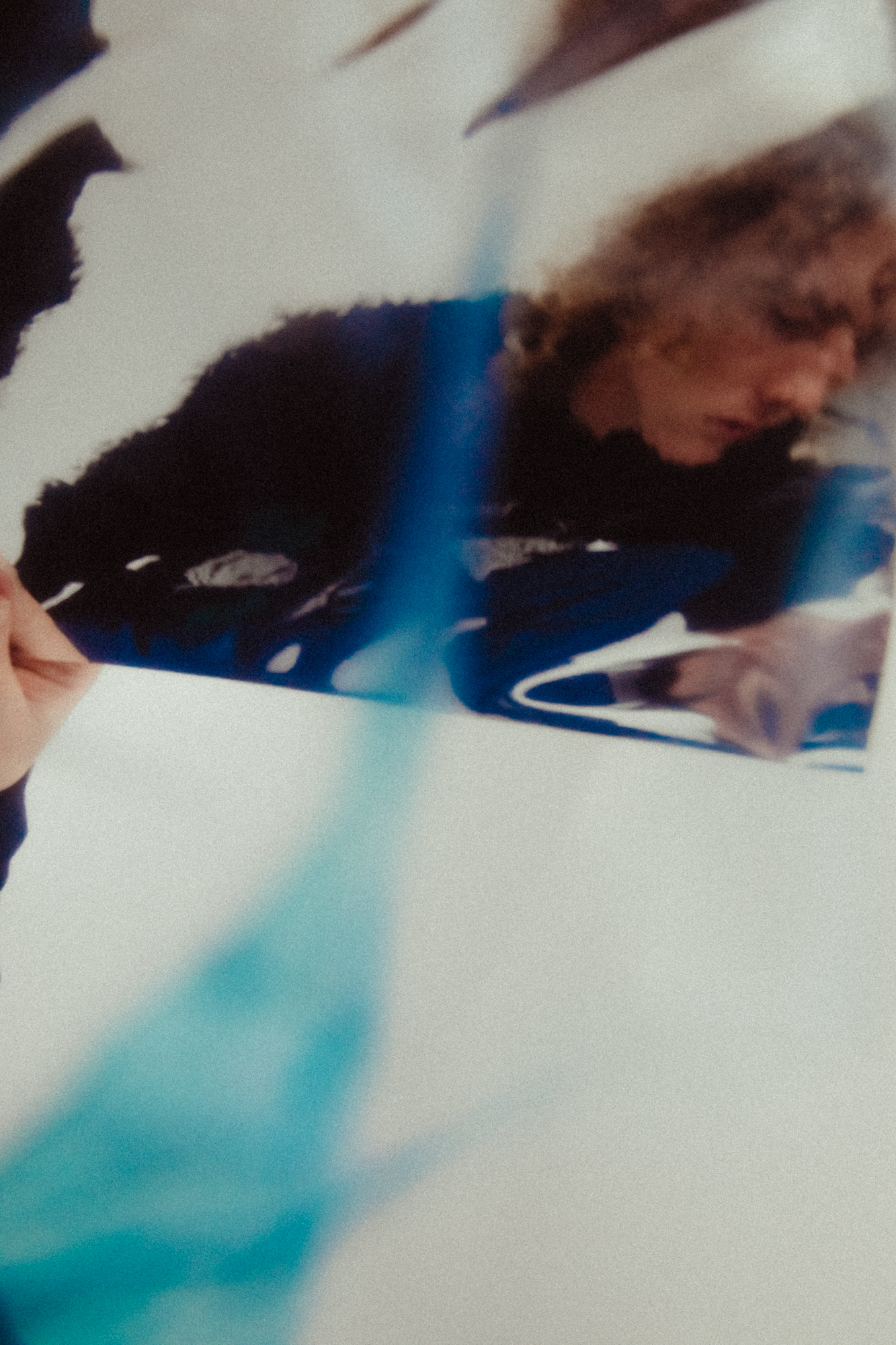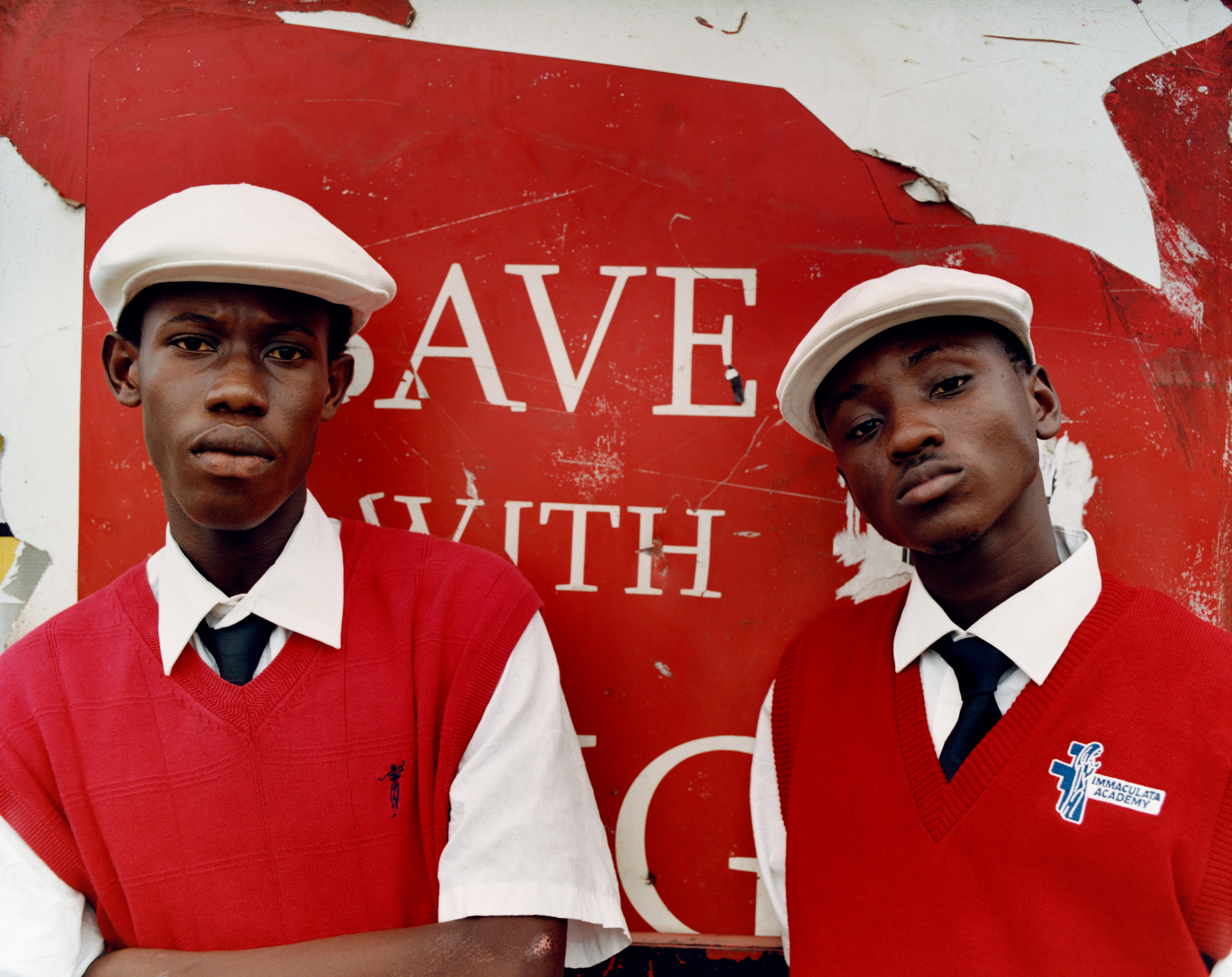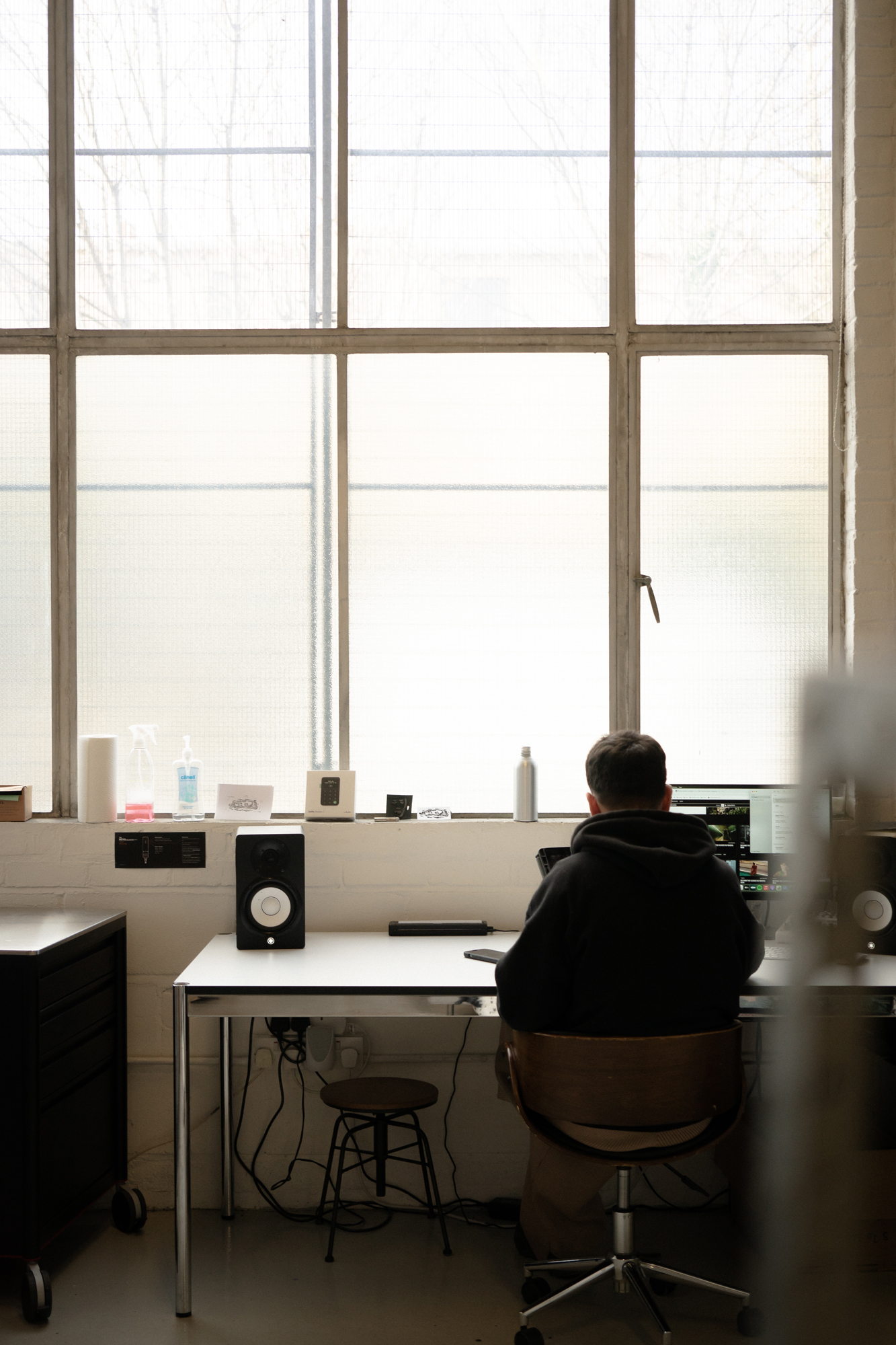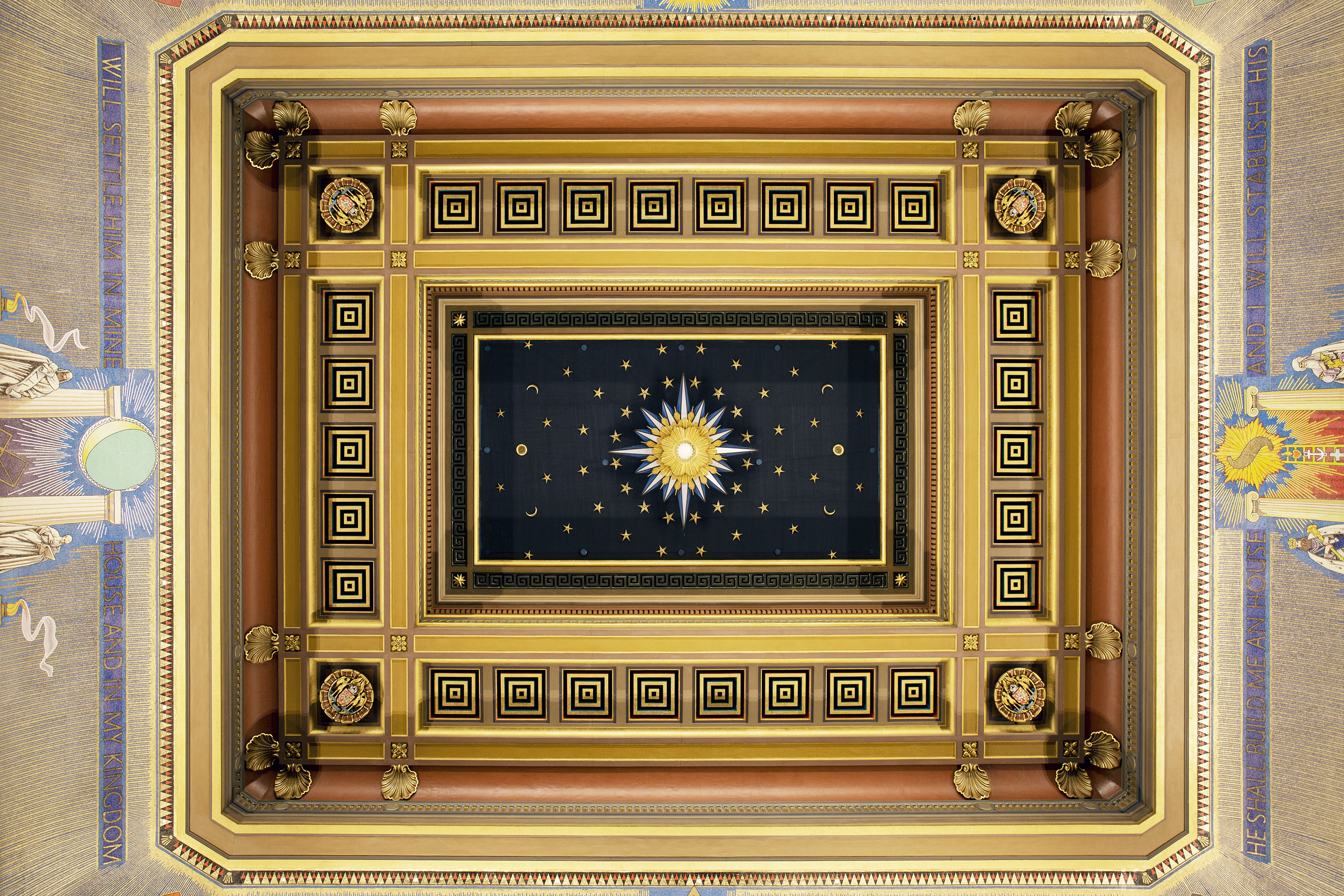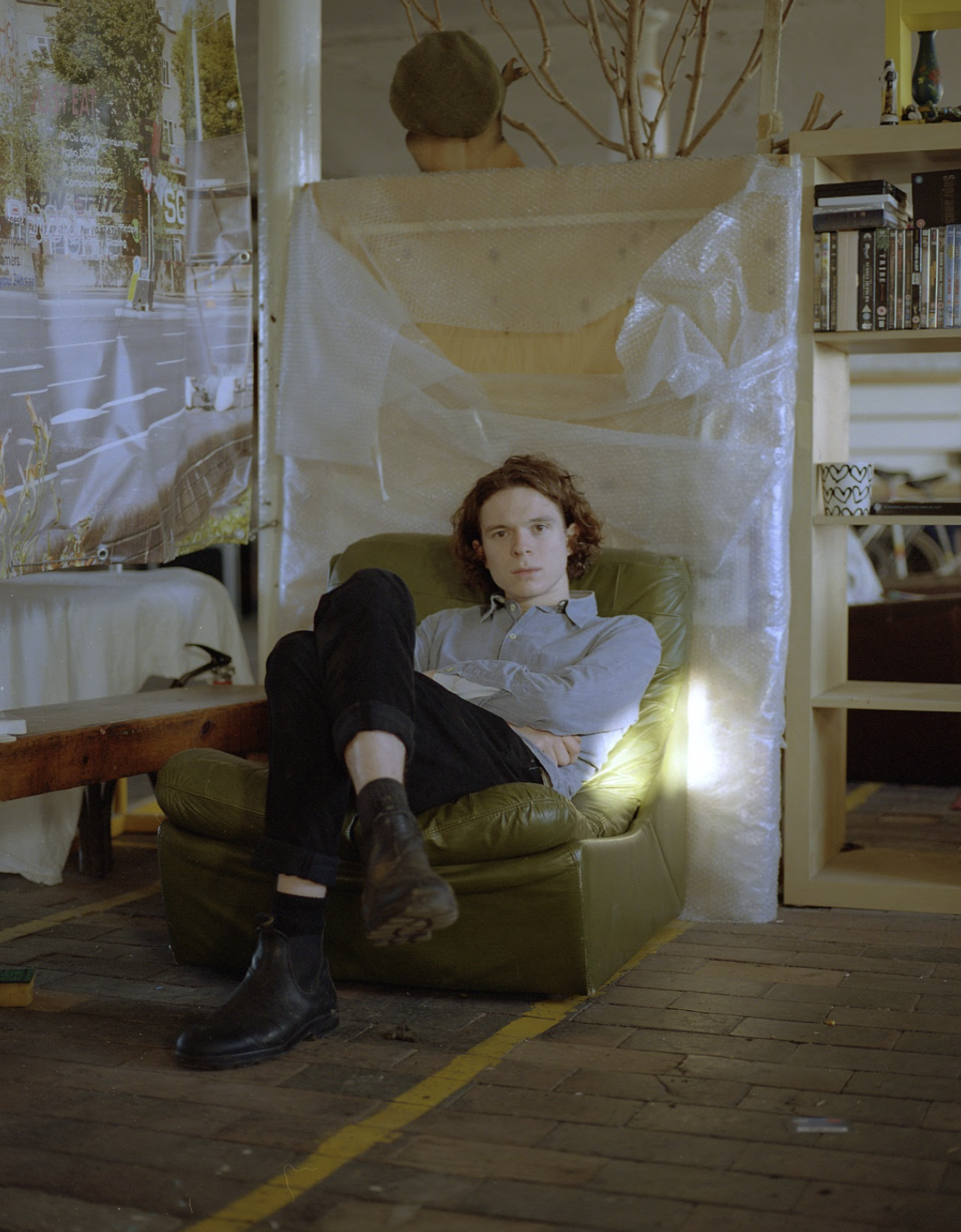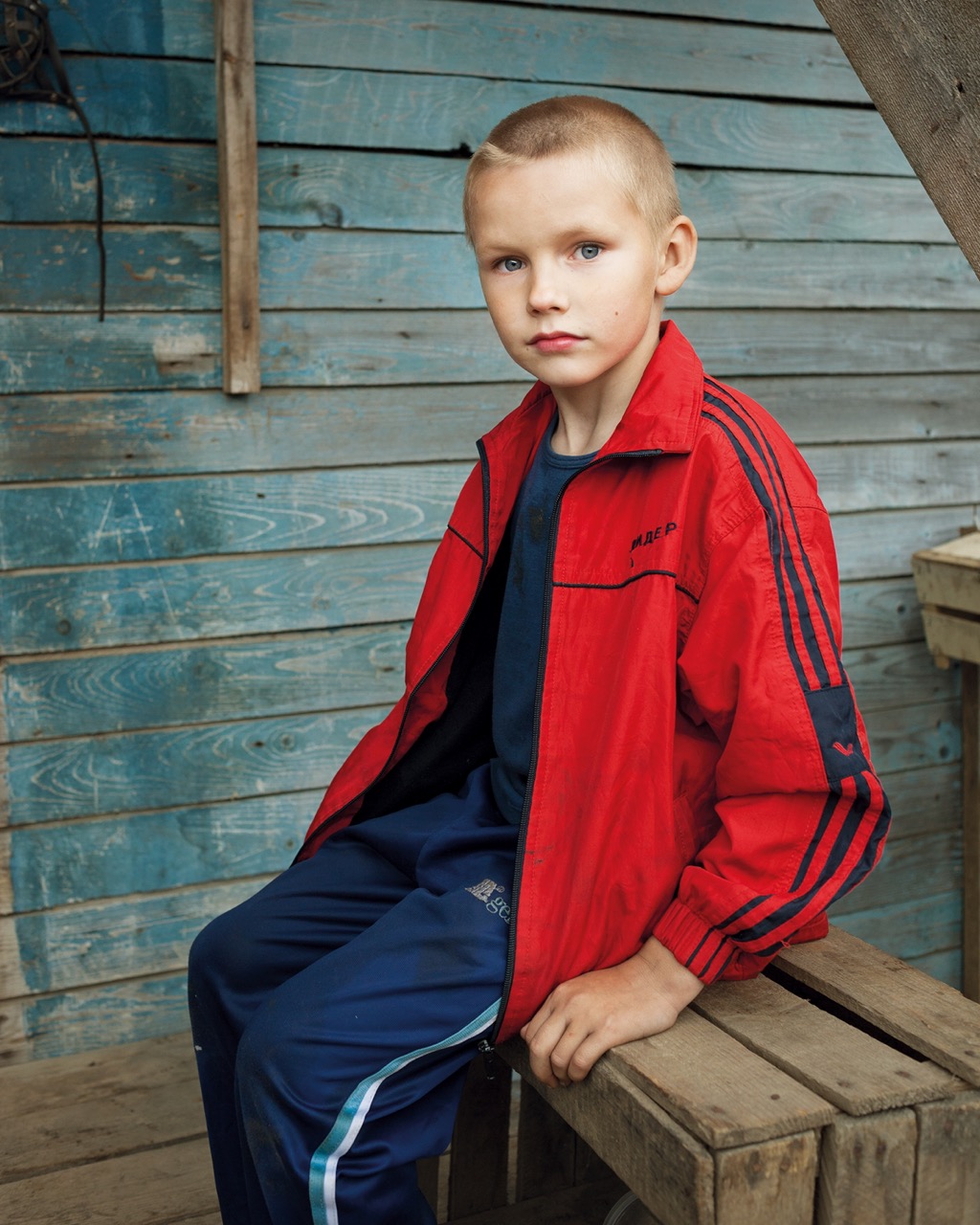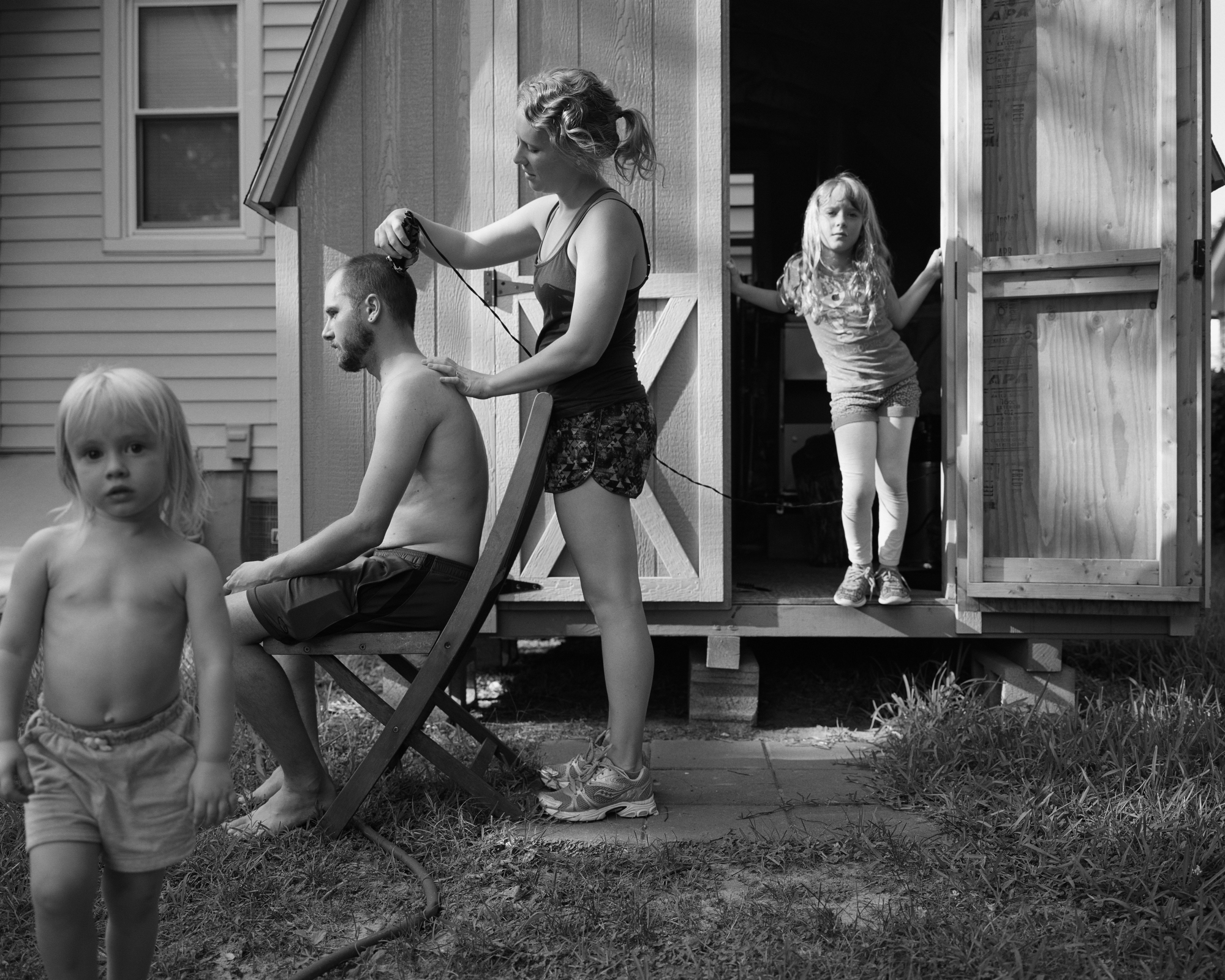Like any artist, the music they love comes from a place within. Dyslecta is the brains of Leo Bell, a young techno artist with passion to ignite the dance floor with his hard hitting sounds. Validating the fact his passion for music was very real from a young age, Bell’s line of work has fortunately always been within music. From working with Ambient label Lo Recordings to working with NYX agency, the East Yorkshire born artist is responsible for making the sounds of the future.
Tell me how music started for you.
My dads car is the earliest memory I have of music. He used to have hundreds and hundreds of tapes from the 80’s to 2000’s of UK hardcore, techno, trance, breakbeat basically the whole continuum of UK electronic music. These were tapes he got from raves or off mates who had recorded them. Listening to these tapes was always like some sort of ritual and I guess it became integral in my development in the tastes and styles of music I mix and create. Eventually, my dad would kick off my production by introducing me to FL studio. At the time I was going into GCSE music, but the only way I could enter the course was to learn an instrument which I couldn’t (and still can’t) play. So I chose to use FL studio to get me through the course.
You come from East Yorkshire. Did this inspire your sound at all?
I would say the sheer lack of stimulation and diverse culture along with its isolated nature forced me to try and expand as much as possible. As someone obsessed with research and learning about things that interest me, the introduction to the internet at a young age allowed me to delve into a world I hadn’t ever known before. As someone who has always tried to disassociate from where I come from, the older I get the more appreciation I have for it, which ends up inspiring me massively.

What was the natural progression for you in making music to making techno?
Like I said earlier, the introduction to all these electronic genres at a young age inspired me, with a lot of it being based around the UK rave scene in the 90’s as well as techno. I’ve always viewed techno as the purest form of club music. It always reminds me of what I think electronic music is about, pushing boundaries with sound, and creating the sound of the future. This may have changed a lot but looking back through its history and development inspires me. I constantly look back and reference it when making a club track even if it's a completely different genre or some sort of hybrid. It's my first reference point in sound design and energy. When you mix my love for UK-based genres and Techno as well as other disparate scenes, I feel like I can always try and push things forward. The UK scene has always been known to push the boundaries and blur the lines so when mixed with originality and a futuristic view of techno the pair truly push my music forward.
How did working at an ambient label shape the way you think about music?
I think it gave me a break to continue to explore as much music as possible whether it was ambient, acid jazz, library music or some oddball experimental stuff it allowed me to really delve into the back catalogue and learn about scenes, micro scenes and sounds I may of only ever stumbled across on the internet.

Do you think ambient music can be influential in the world you work in?
I place a lot of emphasis on space in my music, whether between the hits of the drums & percussion to space created by reverbs and delay which create an atmosphere. Ambient’s fluid nature and complete disregard for structure and beat helps me think of music in a non-linear fashion. Also, the experimental nature in which sounds are created and the feeling the music can give you inspires me massively in terms of sound design, another scene that does this is Dub reggae which underpins a lot of what I do.
You went through a period of making no music, to more recently having the time and space to work on songs again. Artists regularly shift their sound, would you say yours has changed at all?
It’s constantly evolving while still staying “my sound”. The nature in which I create my music is quite long but my process is also constantly being added to and I think that is the real way you get a cohesive sound. It’s not down to what genre, style or bpm and all these other boxes people think it is. You could make two tracks which differ massively in but they still sound like “you” and that comes down to honing in and developing a process for how you make your music. I’ve been creating music for 8/9 years and the process has changed massively, been reduced and added to, and will probably until the day I stop making music. That's all part of the fun and the challenge of creating music.

If you could collaborate with any artist, who would it be and why?
Yaleesa Hall, I discovered his music when I was about 15 and I still know as much about him as I did then. Since I started making music, I’ve wanted to create something similar and always try to figure out his production techniques and apply them to my own works. Each EP and track is sonically linked, you know instantly it’s Yaleesa Hall; smoked-out dubby techno, drums that meld and talk to each other with elements of housey swing and garagey stabs. If I ever need inspiration on where I want to take my music, I will always dig through his catalogue. So yeah it would make sense to collaborate! Other artists that would also come close would be Peder Mannefelt, Zenker Brothers and Hodge.
-
See more from Dyslecta here.
